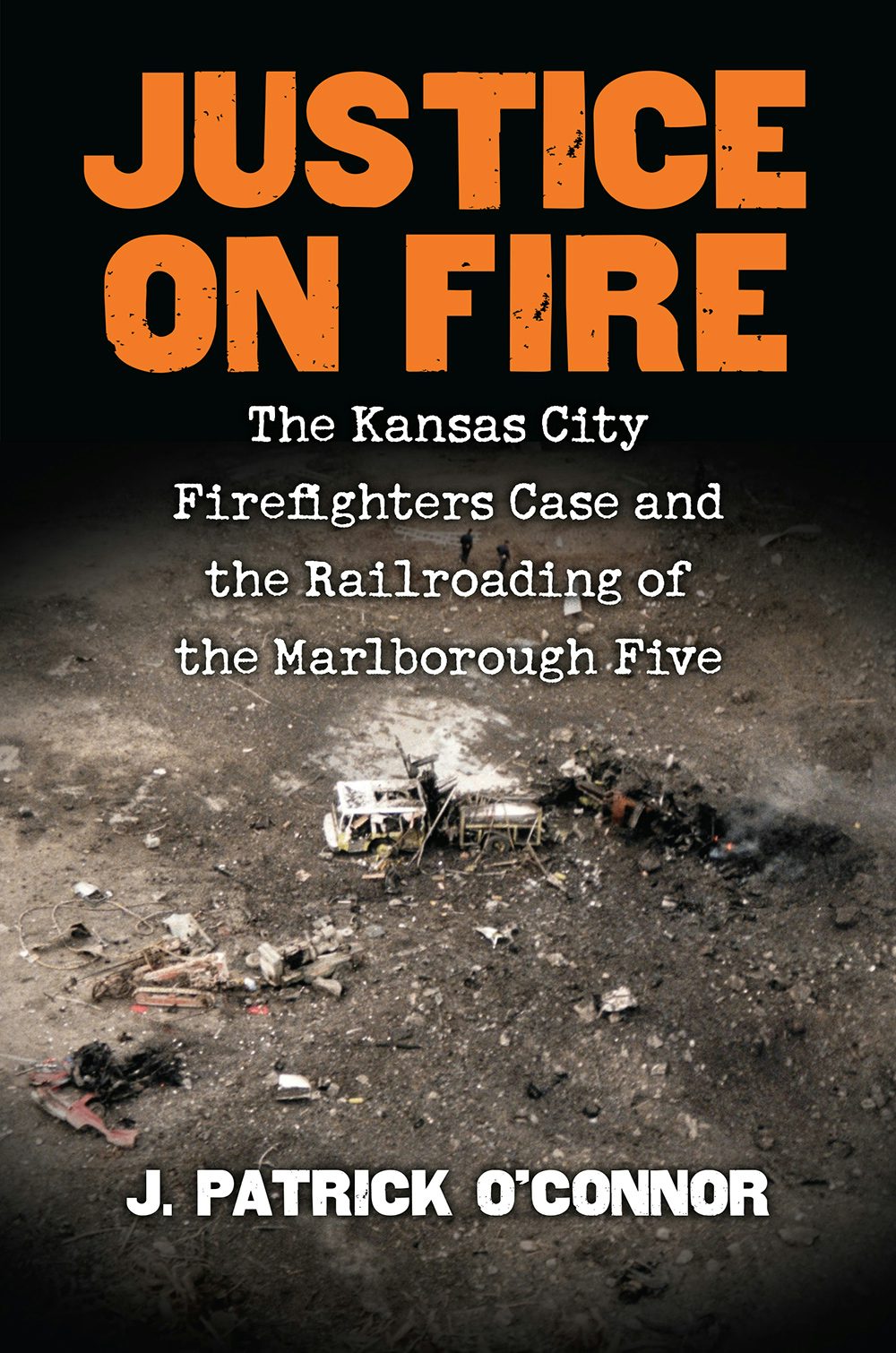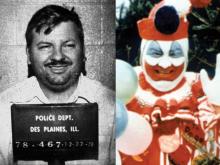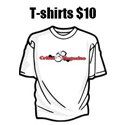April 15, 2007

Howard Hughes in the 1940s with his new Boeing Army Pursuit Plane in Inglewood, California.
In the early years of the Nixon presidency, billionaire Howard Hughes bribed Nixon with $100,000 in cash. When Hughes's secret lobbyist Larry O'Brien became Democratic Party chairman, Nixon had O'Brien's phone at the Watergate tapped to find out if he knew about the bribe.
by Don Fulsom
"I am determined to elect a president of our choosing this year and one who will be deeply indebted, and who will recognize his indebtedness. Since I am willing to go beyond all limitations on this, I think we should be able to select a candidate and a party who knows the facts of political life … If we select Nixon, then he, I know for sure knows the facts of life." – Howard Hughes, early in the 1968 presidential campaign.
In the annals of disastrous U.S. political payoffs, nothing is ever likely to top Howard Hughes's $100,000 gift to President Richard Nixon. That's because Nixon's subsequent paranoia over the illegal contribution led, in large measure, to the Watergate burglary and its cover-up – which, of course, ultimately forced Nixon to evacuate the White House just steps ahead of his eviction in August 1974. One month later, a presidential pardon from his handpicked successor and loyal old friend, Gerald Ford, likely saved Nixon himself (some 40 Nixon administration officials were jailed for Watergate crimes) from spending any time behind bars.
In the early years of Nixon's presidency, power-hungry, episodically nutty billionaire Howard Hughes secretly bribed his favorite corrupt politician with $100,000 in cold cash. The money was skimmed from a Hughes gambling casino in Las Vegas – "siphoned like a sip of champagne from the Silver Slipper," according to a later account by columnist Jack Anderson.
The two-installment payoff – to curry government favor for Hughes's gambling and airline businesses – was earmarked for the president's personal use. Nixon coveted the money – actively and repeatedly seeking it – after learning that his 1968 Democratic opponent, Vice President Hubert Humphrey, had received a similar under-the-table "political donation" from Hughes.
Hughes had once been a daring pilot, an aircraft inventor (the "Spruce Goose"), a starlet-dating Hollywood producer, and a business genius. Now living at The Desert Inn in Las Vegas, Nixon's primary financial angel had become a 90-pound, narcotics-addicted shut-in who refused to cut his hair, beard, fingernails or toenails. Yet he remained lucid enough to want the next president in his hip pocket. As he bragged to aide Robert Maheu, "Bob, remember that there is no person in the world that I can't either buy or destroy."
Chief Senate Watergate Committee investigator Terry Lenzner later said if the Hughes $100,000 "had gone to a legitimate political campaign, it would have been perfectly appropriate and okay. This, however, was a bribe, in effect, through (Nixon's best friend, Charles Gregory "Bebe") Rebozo to the president."
Just how does one of the nation's richest men buy influence from its most powerful? In the shadows, and through middlemen – yet under swaying palms at resort-like seaside settings. Best of all, under the protective umbrella of the United States Secret Service.
On Sept. 10 1969, Hughes's top two lieutenants Robert Maheu and Richard Danner delivered the first $50,000 installment to Rebozo – Nixon's bosom buddy since at least 1950. The president's handsome Cuban American pal accepted a manila envelope stuffed with crisp hundred dollar bills. The transaction took place at Rebozo's newly renovated home in the Secret Service-guarded presidential compound on Florida's Key Biscayne. Bebe (his siblings couldn't pronounce "baby") opened the envelope, shook out the bundles of cash, and then quickly counted them. After determining the promised amount was all there, Rebozo tucked the bundles back into the envelope, wrote the initials "H.H." on the envelope, and took it into another room. The three old friends then went out for a martini-soaked celebratory dinner.
On July 3 1970, Danner alone handed Rebozo the second half of the Hughes $100,000. Another batch of hundreds had been stuffed into another manila envelope. But this time there was a new venue – Rebozo's bungalow on the grounds of the Western White House at San Clemente, Calif. Rebozo emptied this $50,000 installment onto his bed, counted it out, and then transferred the cash to his own handbag. Bebe took Danner on a post-transaction sightseeing stroll around the heavily guarded Nixon estate overlooking the Pacific Ocean. The two bagmen finally dropped in on the president himself for 10 minutes of office small talk on topics other than the shady deal they'd just completed.
The lid came off the undercover Hughes payoff three years later, after Hughes fired Maheu as his right-hand man. Maheu mentioned the money in a deposition he filed as part of a $17 million suit against Hughes. At that point in 1973, with Watergate investigators breathing down his neck, Rebozo returned the $100,000 to Hughes. The very same cash, he insisted. Rebozo's eyebrow-raising story is that he had kept those bundled hundreds – undisturbed, and without the president's knowledge – all that time in a safe deposit box at his Key Biscayne bank. The Hughes money was just a campaign contribution, he claimed – a contribution he just hadn't yet gotten around to giving to any campaign.
When Watergate Committee staffers inspected the Rebozo money, however, the bills were tattered, and held together with rubber bands – not with the Las Vegas casino wrappers they came in. An extra one hundred dollar bill was also found. There was speculation at the time that this was actually replacement cash hastily rounded up by wealthy Nixon friend, businessman Robert Abplanalp.
Contrary to what Rebozo told Senate Watergate probers, Herb Kalmbach told the committee that Rebozo had informed him that the Hughes cash had been divided among Nixon's two brothers, Donald and Edward, and Nixon's secretary, Rose Mary Woods. Others suspect the Hughes $100,000 furnished Nixon's lavish California home. Investigators were at least able to trace $4,562 that Rebozo shelled out for a pair of Harry Winston diamond earrings Nixon gave wife Pat for her 60th birthday. And they concluded that the bribe also bought costly house upgrades – including architect's fees, an Arnold Palmer putting green, a fireplace and a pool table – at Nixon's Florida retreat.
For Hughes, the $100,000 obviously purchased influence on two major federal cases:
- In 1969, the Civil Aeronautics Board allowed Hughes to buy Air West, a small California-based passenger line.
- In 1970, the Justice Department canceled an antitrust action that sought to prevent Hughes from purchasing additional Las Vegas gambling casinos.
But for Nixon, the Hughes $100,000 may have bought his political obituary. Seriously fearful that Democratic Party Chairman Larry O'Brien (then on the Hughes payroll as a lobbyist/political fixer) might know about the bribe, the president prodded aides to spy on O'Brien. Nixon chief of staff Bob Haldeman said Nixon especially wanted to know just what O'Brien was doing to earn his reported $180,000-a-year retainer from Hughes. In January 1971, Nixon told Haldeman, "The time is approaching when Larry O'Brien is held accountable for his retainer with Hughes." Nixon aide Chuck Colson thought the Watergate break-in was "to get dirt on Larry O'Brien."
On June 17, 1972, five burglars in business suits and blue surgical gloves were caught in O'Brien's offices at the Watergate. They were replacing a faulty bug they had inserted into O'Brien's phone during an earlier break-in. And they were searching files and taking photos of documents. Could they have been looking for evidence that O'Brien knew about the $100,000 bribe? After the burglary, Haldeman made a cryptic remark to Nixon about the intruders' keen interest in finding out about the "financial thing." Senate investigator Terry Lenzner is "absolutely certain (the bribe) was a significant part of the president's thinking that this … had to be taken care of." The organizer of the burglary, G. Gordon Liddy, once expressed a similar belief, saying the break-in was "to find out what O'Brien had of a derogatory nature about us, not for us to get something on him."
Did Maheu tip off O'Brien about the Hughes $100,000? "Never, never. I had no reason to tell Larry. Why the hell would I tell Larry about this?" Maheu told a "60 Minutes" investigation in 2002.
An earlier career-threatening deal with Hughes should have taught Nixon to keep a wary distance from his Golden Goose. In 1957, Hughes loaned $205,000 to Nixon's hapless brother Donald – whose chain of "Nixonburger" stands was on the ropes. Disclosure of the Hughes loan, which was never repaid, badly damaged Richard in his losing runs for president in 1960, and for governor of California in 1962.
Hughes fared exceedingly better. Less than a month after his "loan" to the vice president's brother, the IRS reversed a previous decision and granted tax-exempt status to the Howard Hughes Medical Institute – an obvious tax dodge of minor charitable merit.
The Hughes money that dogged Richard Nixon didn't seem to benefit his brother Donald either. Those ill-conceived burger joints quickly folded. Old Nixon friend C. Arnholt Smith never believed that the Hughes $205,000 went to Donald in the first place: "I think it was really for Richard, to help him live. He was a relatively poor man." Shortly after the "loan" was delivered, Richard Nixon bought a house in Washington, reportedly putting $75,000 down before selling his old home.
And poor Bebe. The president's bagman was left holding the biggest bag of all. The IRS now began a detailed look into Rebozo's financial affairs, with a focus on "misappropriation of campaign contributions, acceptance of money in exchange for favors by the Justice Department, distribution of Watergate hush money, and alleged diversion of campaign funds to Nixon's brothers and personal secretary."
Rebozo barely escaped prosecution. One of the IRS investigators, Andy Baruffi, later revealed, "I was assigned to review the entire case file. We had Rebozo primarily on a straight up-and-down provable false statement charge. It was a dead-bang case. I believe a deal was made with the White House to kill the investigation."
As for Bebe's problems with the Senate Watergate Committee, he was uncooperative, refused to deliver specified records, and – at one critical juncture in 1974 – even fled the country, never to testify before the committee again. (The Watergate Committee staff devoted a whole section of its final report to the Hughes bribe, but the committee members decided against issuing it – possibly because other members of Congress were suspected of having ties with Hughes.)
The most perplexing question in the whole Nixon-Hughes saga is this: Why, after believing that the Aviator's bounty had cost him two elections, did the president come back for another planeload of it? Both Terry Lenzner and Robert Maheu concur: It was plain and simple greed.
Don Fulsom is a longtime Washington reporter who covered the LBJ, Nixon, Ford, Reagan and Clinton presidencies.








